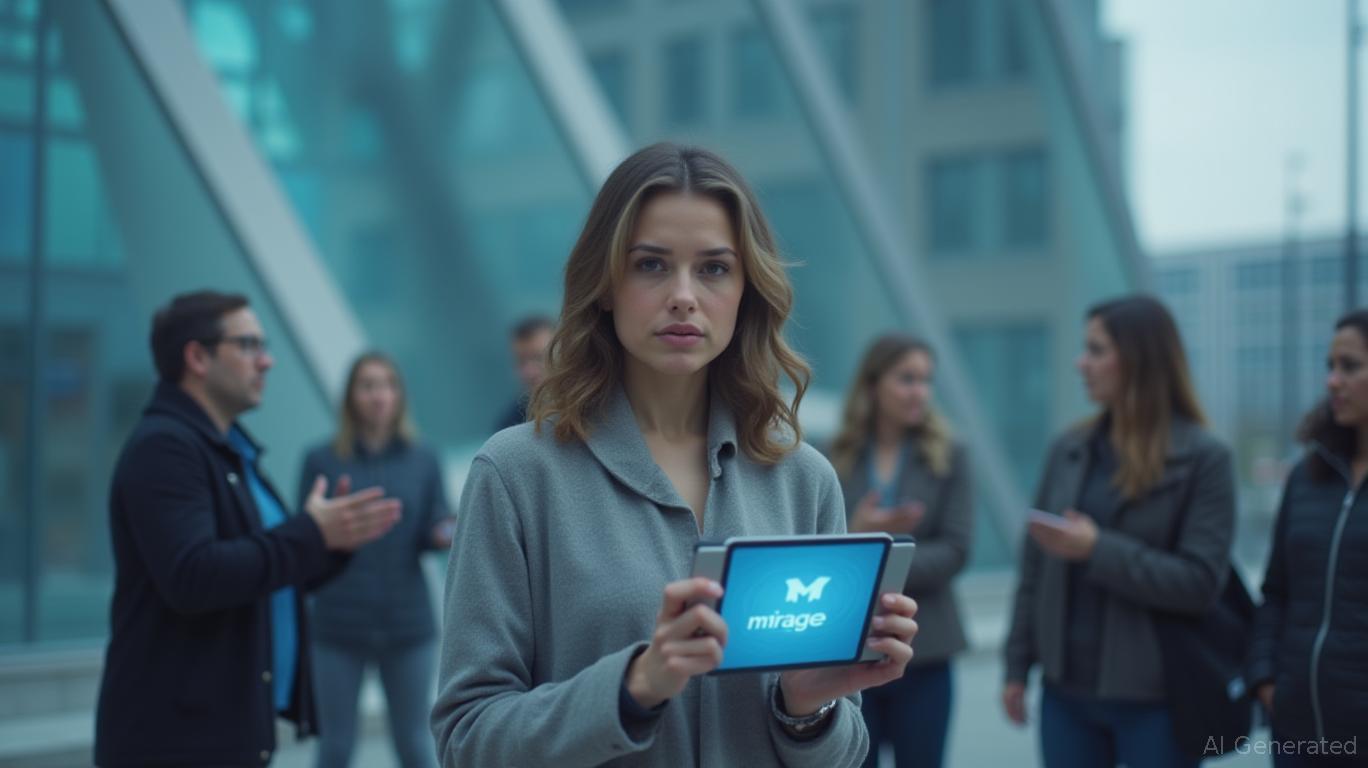Mirage, a rebranded AI video creation platform formerly known as Captions, is positioning itself as a pioneering force in the development of multimodal foundational models tailored for short-form video content. The company has secured over $100 million in venture capital and is valued at $500 million. In a strategic shift, Mirage now aims to become an AI research lab focused on advancing short-form video generation for platforms such as TikTok, Instagram Reels, and YouTube Shorts. This approach, the company argues, differentiates it from traditional AI tools and competitors like D-ID, Synthesia, and Hour One. Mirage’s new identity reflects its ambition to redefine video creation through cutting-edge AI research and development [1].
A key component of Mirage’s expansion is the launch of Mirage Studio, a platform designed specifically for brands and advertising production. Mirage Studio allows users to create short-form video advertisements without the need for large budgets or reliance on human talent. By submitting an audio file, the AI generates video content complete with AI-generated backgrounds and customizable AI avatars. Users can also upload selfies to create avatars based on their likeness. The platform emphasizes the generation of AI avatars with natural speech, facial expressions, and movement, distinguishing itself from competitors that often rely on stock footage, voice cloning, and lip-syncing techniques [2].
Pricing for Mirage Studio is structured under a business plan that costs $399 per month for 8,000 credits, with new users receiving a 50% discount on their first month. While this offers a cost-effective solution for brands seeking to streamline video production, it also raises concerns regarding the impact on the creative workforce. The increasing use of AI in advertising has already prompted backlash, most notably in the case of a recent Guess ad in Vogue that featured an AI-generated model. As AI-generated content becomes more sophisticated, the challenge of distinguishing between authentic and deepfake content is growing, raising the risk of misinformation and complicating public trust in visual media [3].
In response to these concerns, Mirage has outlined a set of moderation measures to limit the misuse of its technology. These include restrictions on impersonation and the requirement of consent for the use of likenesses in AI-generated avatars. The company has acknowledged the genuine risks associated with deepfake technology but also expressed optimism about the positive potential of AI video. It emphasized that while design and moderation are important, they are not sufficient to address the broader challenges posed by AI-generated media. Mirage advocates for the development of a “new kind of media literacy,” urging the public to treat video content with the same critical scrutiny applied to news headlines [1].
The rebranding of Captions to Mirage signals a broader shift in the AI video industry toward specialized, research-driven models tailored for specific content formats. With platforms like Mirage Studio expanding the accessibility of high-quality video production tools, the short-form content landscape is undergoing a significant transformation. As AI video technology continues to evolve, it is likely to reshape both content creation processes and public consumption habits, with implications for media integrity, employment in the creative sector, and the broader digital economy [3].
Source: [1] Captions rebrands as Mirage, expands beyond creator tools to AI video research (https://techcrunch.com/2025/09/04/captions-rebrands-as-mirage-expands-beyond-creator-tools-to-ai-video-research/) [2] Captions rebrands as Mirage, expands beyond creator tools to … (https://finance.yahoo.com/news/captions-rebrands-mirage-expands-beyond-153915128.html) [3] AI Video Creation App Captions Rebrands to Mirage … (https://news.ssbcrack.com/ai-video-creation-app-captions-rebrands-to-mirage-aiming-to-redefine-short-form-video-with-new-technology/)


